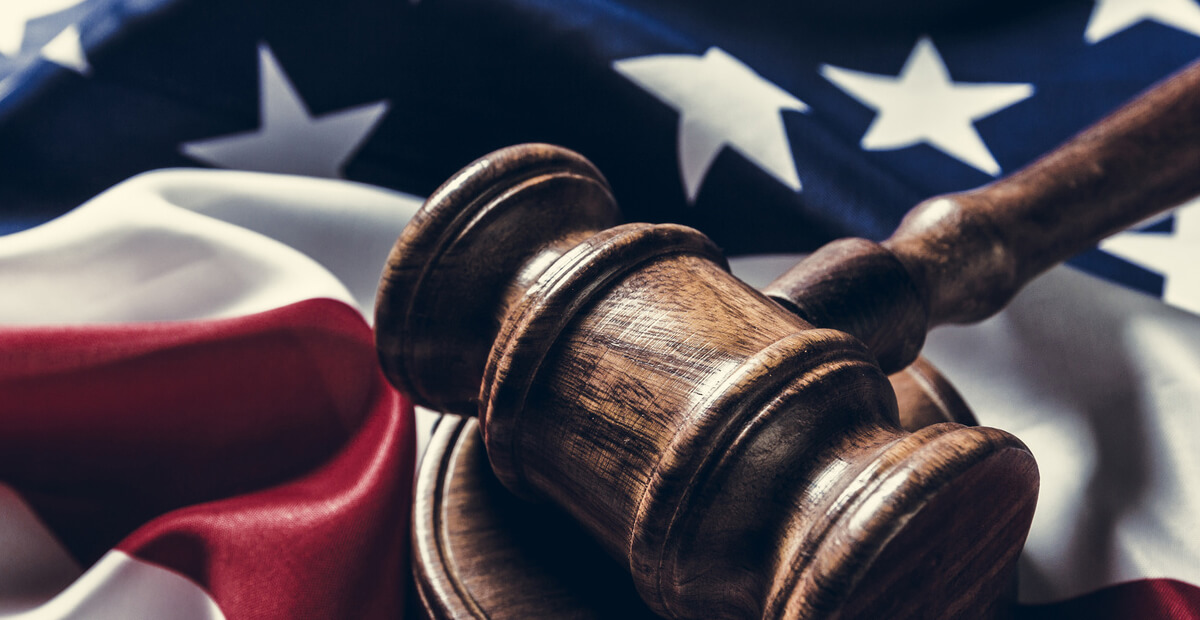Judge Robert Russell started a nationwide movement when he created the first Veterans Treatment Court (VTC) in 2008 in Buffalo, New York. This Court was formed when Judge Russell noticed a Veteran defendant was having issues being in a criminal court. A court officer, also a Veteran, spoke to the defendant outside the courtroom and when he returned, Judge Russell noticed a significant change in the Veteran’s demeanor. This is how the VTC began, and today has grown to over 620 VTCs across the country.
When a Veteran is arrested, he or she should be identified as early as possible to begin the process of being accepted to a VTC. A Veteran is not simply placed in the VTC automatically; the defense attorney must put together a thorough application so that the prosecutor will accept the Veteran in the VTC. The prosecutor’s office is the gatekeeper who has a minimum requirement for a Veteran to be accepted. These requirements change from jurisdiction to jurisdiction. The defense attorney should not settle for the minimum but provide the prosecutor’s office with a complete picture of the service the Veteran has given to the country. This may include awards and commendations, a history of deployments, VA disability ratings, and anything else to demonstrate the service of the Veteran.
The purpose of the VTC is not to give Veterans special treatment after an arrest; rather, the idea is that Veterans have earned the opportunity to enter a necessary treatment program. A Veteran has undergone training to overcome the human aversion to harming others. Additionally, Veterans have been deploying at a record pace to combat zones for the past twenty years. We now see Veterans retiring after having spent an entire career at war. Due to the advances in technology, many Veterans returned from war but returned with injuries. The most common injuries in the last 20 years have been Post-Traumatic Stress Disorder (PTSD) and Traumatic Brain Injury (TBI). Studies show that Veterans with PTSD and/or TBI are at greater risk of encountering the criminal justice system. This is where the VTC can step in to help.
VTCs are specialized treatment courts designed to support Veterans with substance dependency and/or mental health issues. In the legal system, there are many specialty courts, such as drug court, human trafficking court, mental health court, etc. The VTCs are a community effort to support Veterans. The VTC team will seek out Veterans in the criminal justice system to evaluate their needs, provide assistance, and manage their care to help resolve issues. The VTC team consists of the judge, Veterans Justice Outreach Specialist (VJOS), prosecutor, defense attorney, and the mentors.
The Judge is responsible for maintaining and running the court to rehabilitate justice-involved Veterans. The VJOS is the liaison between the court and the Veterans Health Administration. The VJOS is considered the “captain” of the team and is the key to seeing a successful treatment plan. He or she will assess any mental, physical, or behavioral issues needing attention and enroll the justice-involved Veteran in the programs. The VA established the Veterans Justice Outreach Initiative to seek more justice-focused action at the medical centers, including the education of the criminal justice system concerning issues specific to Veterans. The prosecutor is the gatekeeper to the VTC, and defense attorneys should be putting together packages for the prosecutor. The mentors are another key to the success of the VTCs, who are usually Veterans from the local community that volunteer their time to be a source of guidance and assistance for a justice-involved Veteran. They have no requirement to inform the court (judge, prosecutor, or defense attorney) of any conversations that have occurred with the justice-involved Veteran. However, open communication has been utilized to create a team environment to focus on the success of each justice-involved Veteran.
The length of participation in the VTC varies by jurisdiction and by the charge a justice-involved Veteran is facing. Courts may set a contract for anywhere from 6 to 18 months, depending on a misdemeanor or felony charge. The justice-involved Veterans are not scheduled to attend court as a typical criminal case; however, the court date will be determined by the justice-involved Veterans’ treatment and progress. The court appearance requirement may range from every week to over a month between appearances. The VTC differs from drug court and mental health court in that it does not use a 12-step program and instead seeks to break the Veteran’s current destructive cycle.
Upon the successful completion of the VTC program, the Veteran may be presented with a certificate of completion and a commemorative coin; however, graduation depends upon each jurisdiction’s standard practice. Furthermore, for those Veterans who are seeking a discharge upgrade or correction of their military records, they may cite the successful completion of a rigorous program designed to turn their life around into a success once again.
It is important to remember that not every jurisdiction has a VTC. Furthermore, not every state has legislation for a VTC. There may be an option to have a case transferred for the convenience of a Veteran due to potential transportation and distance issues. In New York, a Veteran may be facing charges in one county but can have the VTC case transferred to be heard in the county where they live. If you or a Veteran you know has an encounter with the criminal justice system, please ask about your choices with a Veterans Treatment Court in your jurisdiction.
Chad Lennon is an attorney in the military law section at Tully Rinckey, PLLC. Also, he is a Major in the Marine Corps Reserve. Concurrently, he is the Co-Chair for the New York State Bar Association Committee on Veterans, Co-Chair for the Suffolk County Bar Association Committee on Military and Veterans Affairs, and is an Officer for the Suffolk County Bar Association Academy of Law. He can be reached at (888)-529-4543 or at info@tullylegal.com.








